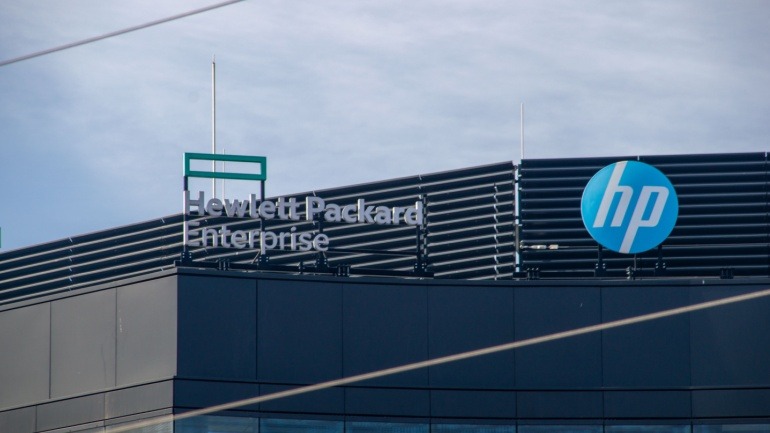The Affordable Connectivity Program (ACP), a lifeline for millions of low-income Americans struggling to afford internet access, has officially shut down. Despite bipartisan support, Congress failed to secure additional funding, leaving the future of the program uncertain.
The FCC, acknowledging the program’s critical role in bridging the digital divide, expressed hope for its revival. Chairwoman Rosenworcel pledged support to restart the program if funding becomes available.
While the shutdown leaves many scrambling for solutions, some major internet providers have stepped up. Fourteen ISPs, including industry giants like AT&T and Comcast, have committed to offering low-cost plans ($30 or less) to eligible households for the remainder of 2024. This initiative offers temporary relief for roughly 10 million former ACP participants.
However, a notable absence from the list is T-Mobile US. While offering some support until August, they haven’t announced a long-term solution. This leaves a significant gap, highlighting the need for a comprehensive national strategy.
The Biden administration remains committed to ensuring affordable internet access. They’re urging Congress to reconsider funding, emphasizing the program’s impact on millions of families, veterans, and seniors.
With the ACP’s demise, the debate on digital equity intensifies. We can expect continued pressure on Congress to address this critical issue. Affordable internet access isn’t just a convenience; it’s essential for education, employment, and staying connected in today’s world. The fight to bridge the digital divide continues.







